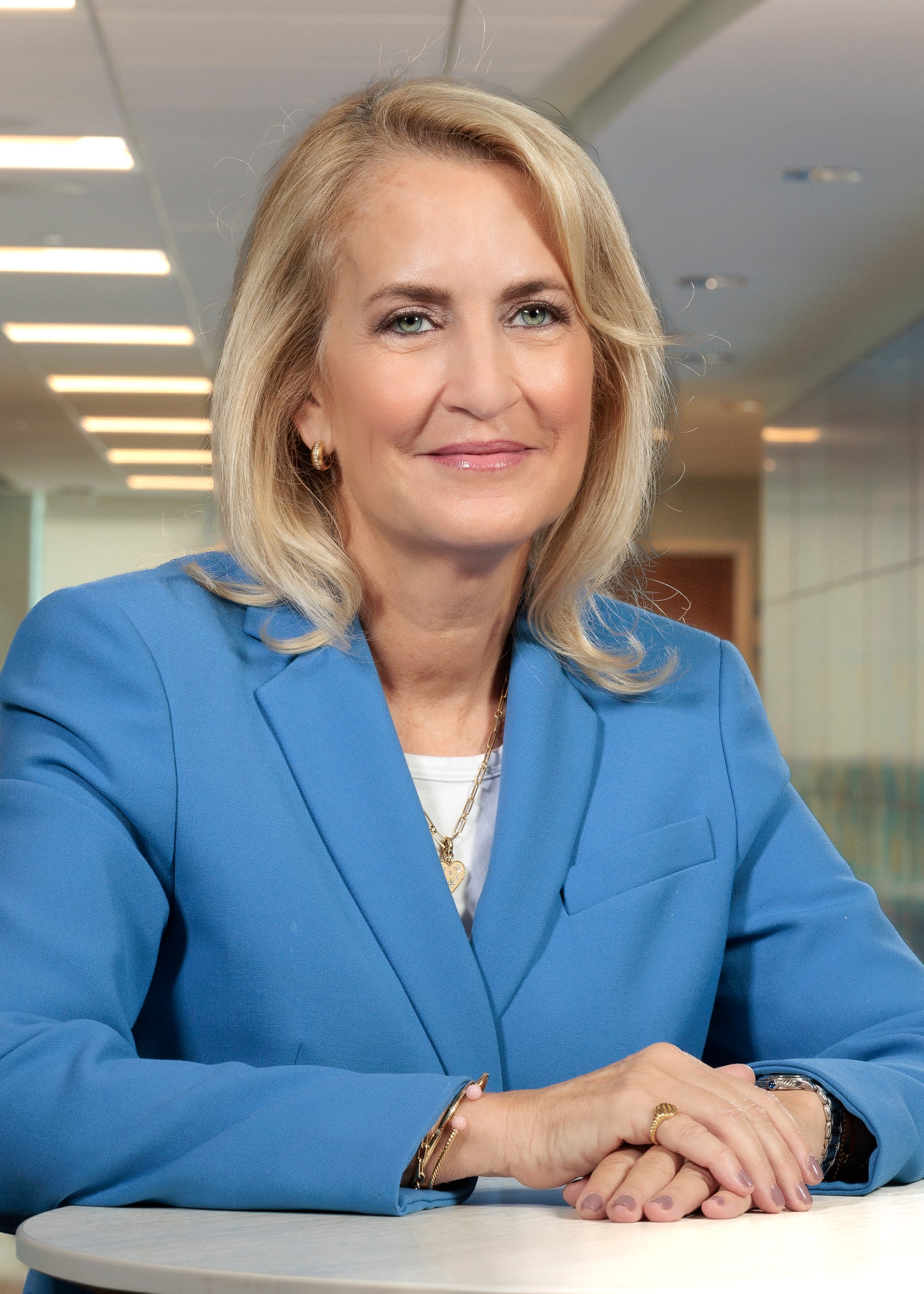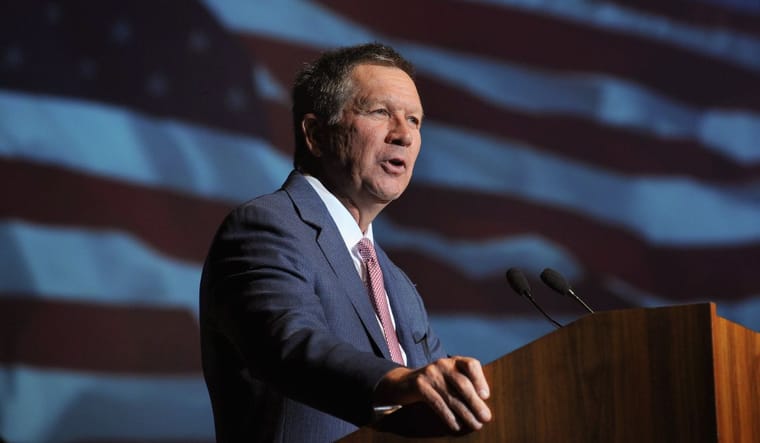Dr. Stacey Rosen: Women’s Health Is Not a Women’s Issue
Stand-up comics aren’t usually my go-to source for making a professional point. But a searing insight from Amy Schumer has me reconsidering. In her most recent comedy special, Schumer discusses her complicated 2019-2020 pregnancy.
“I had this awful condition while I was pregnant called hyperemesis gravidarum. Severe nausea and vomiting the whole pregnancy,” she explains. “I was so relieved when I was diagnosed ... six months in I was like, ‘Okay, we know what it is. What do we do?’ And they explained to me, ‘Well, we haven't been able to study it because it only happens to women.’”
In one mic-drop moment, Schumer nailed both the laugh and the scientific problem. Her bit also made me wonder: Did men hear the punchline—or is this an echo chamber?
Thankfully, it seems President Joe Biden heard it. With First Lady Jill Biden next to him, the president established the “first-ever” White House Initiative on Women’s Health Research. It will bring together experts from the entire administration, the private sector, research institutions, and philanthropic organizations “to drive innovation in women’s health and close research gaps.”
Those gaps are present at the most fundamental level: Women have been historically under-represented in clinical trials, and research focused on women’s health has been vastly underfunded. I’m not talking about reproductive organs; what we call “women’s health” goes well beyond that.
Women have been left out of, or underrepresented in, a huge range of studies. Consider the health conditions that are more common in women, such as Alzheimer’s disease, rheumatoid arthritis, and even adenocarcinoma. Clinical presentation in many conditions is different for women as well, especially with heart disease. For too long and for too many women, these differences—and lack of targeted studies—have led to misdiagnoses, mistreatment, and poor health outcomes.
I want this White House initiative to transform how women’s health research is funded and conducted. That can only happen by starting with the basics—understanding that men and women are different at the cellular level. About a third of the genes that people carry are expressed differently in men and women. As a result, clinical presentation, treatment options, and health outcomes often differ.
It is why Erica Ollmann Saphire, PhD, MBA, president and CEO of the La Jolla Institute for Immunology, said “Studying sex-based differences in a systematic manner will help uncover the causes and allow for treatments that are in tune with biology.”
My expertise comes from cardiology, where not taking this approach meant we didn’t learn until the mid-1980s that women were dying from heart disease at higher rates than men. I’d been taught it was a “man’s disease.” In fact, over 60 million women in the U.S. (44%) are living with some form of heart disease, the leading cause of death for women and men. The president’s task force will have to contend with another tough fact: Women represent only about one in five participants in cardiovascular disease clinical trials.
I want this team to succeed because women’s health and well-being is not a “women’s issue.” It is a human and equality issue. And it has an impact on public health and the economy. Sociologist Chloe Bird, PhD, MA, drives home this point in the RAND Corporation’s Women Health Access Matters (WHAM) report Women make up more than half the population and workforce, Bird says, yet are more likely than men to be caregivers and make 80% of all healthcare decisions—all while medical sciences underfund studies focused on women.
Like Schumer, Bird has a mic drop: “By underfunding the study of women’s health issues, we’ve left a tremendous amount of money on the table....Even a slight increase in capital invested in basic research into women’s health would unleash staggering returns that would capture the attention of anyone on Wall Street or in Silicon Valley.”
A 2016 McKinsey Global Institute report makes the economic benefit of bolstering women’s health even clearer: “If women were to participate in the economy identically to men, they could add as much as $28 trillion, or 26 percent, to annual global GDP in 2025.”
As President Biden’s group spends the remainder of the year defining the roadmap to address the longstanding inequities that keep us from achieving these gains, I hope there are men in the room, too. Their presence here matters because women’s health is not solely an issue for women. We need more men to become outspoken, expert advocates for equity and representation for this to stick.
Hopefully this initiative will deliver solutions and help get out that message. The comedy world, it seems, already has started to hear it.
This article was originally published in MedPage Today.

Stacey E. Rosen, MD, is the senior vice president of Northwell Health’s Katz Institute for Women's Health and professor of cardiology at the Donald and Barbara Zucker School of Medicine at Hofstra/Northwell. She is the co-author of Heart Smarter for Women: Six Weeks to a Healthier Heart.
Please note that we may receive affiliate commissions from the sales of linked products.



